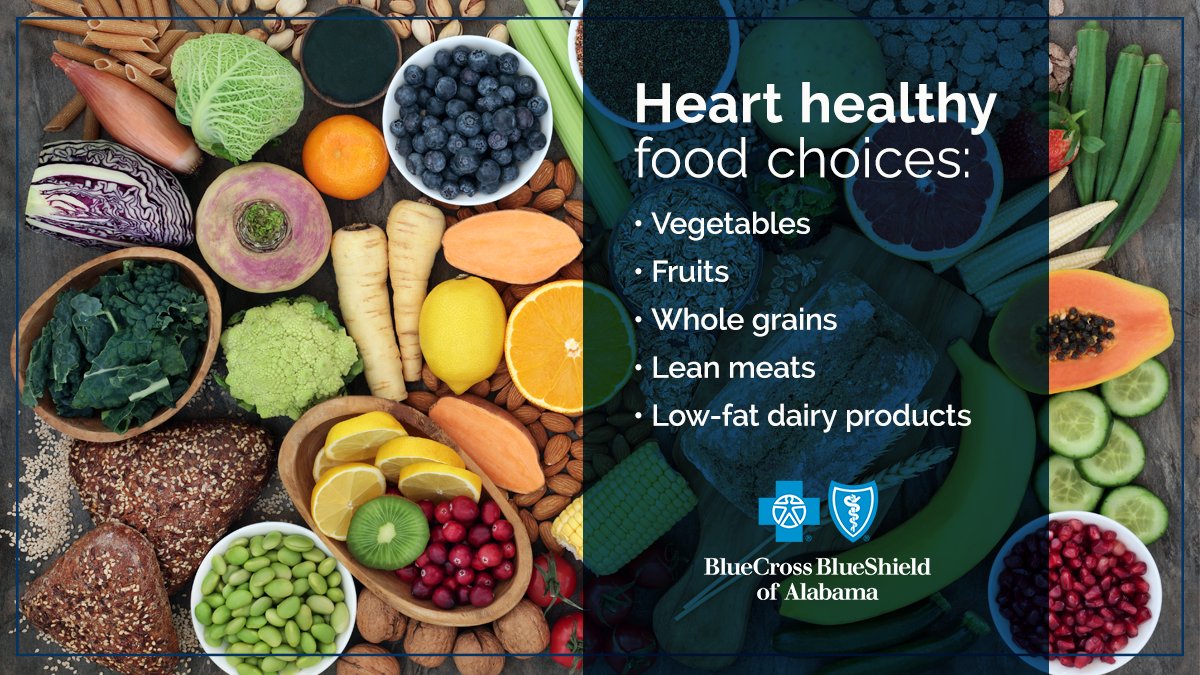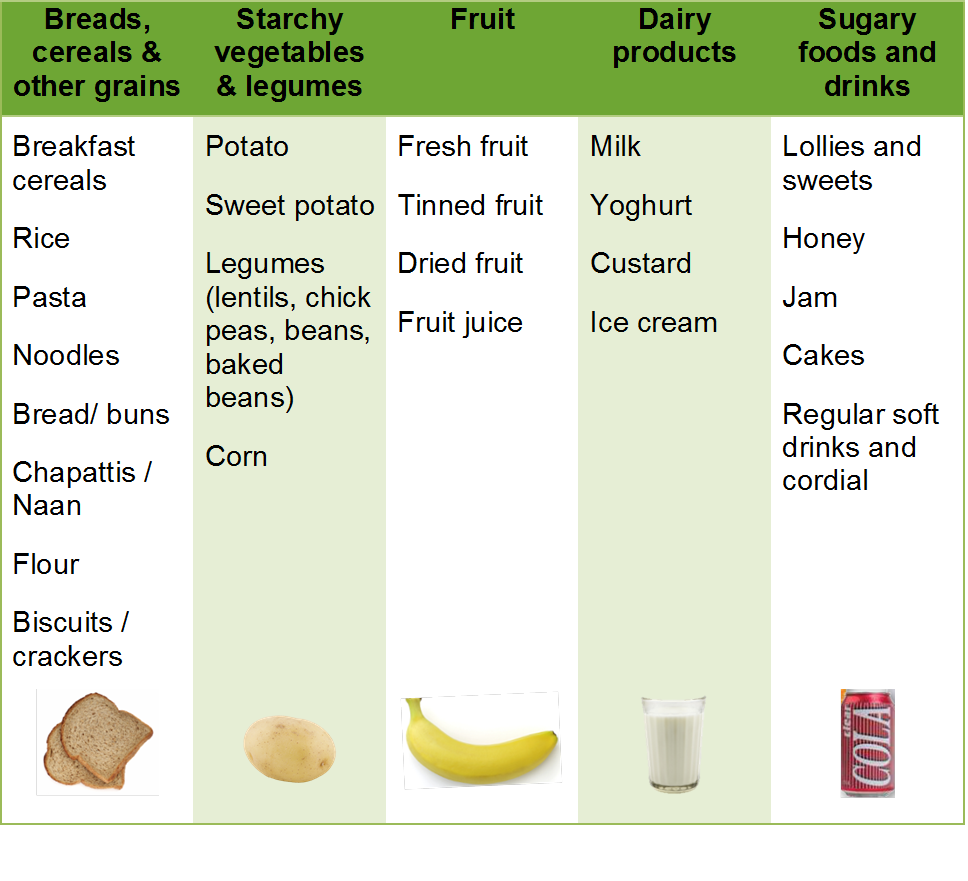
Diabetes prevention tips include a healthy lifestyle and limiting sugar intake. These small changes can make a big difference in your longevity and overall health. A small weight loss can prevent diabetes from developing if you're already at high risk. By following these steps, you can significantly lower your risk of developing the disease. These changes can also increase your lifespan. They are simple and easy. You can get started today by following these simple steps.
A diet that's low in fat and high in fiber is important for preventing the disease. While avoiding saturated fats is a good way to lose weight, a higher intake of fiber can help control your blood sugar levels. A healthy diet is one that includes whole grains, fruits, vegetables, legumes, beans, and nuts. Remember to get plenty of physical activity every day. Each week, find a new and enjoyable activity to do.

Get enough exercise to lower your likelihood of developing diabetes. Regular exercise can be difficult for many people, so get moving as soon and often as possible. Start exercising only once per week if this is your first time. A brisk walk is an excellent way to lose weight and tone your body. Stop smoking. Don't be embarrassed by smoking.
If you don't want your soda to go, nuts are a good choice. They're high in protein and healthy fats and will help keep you full until dinnertime. They are high in monounsaturated fatty acids, which have been shown reduce your risk of developing type II diabetes. To avoid junk food's refined carbohydrate content, nuts can be chewed. Consuming walnuts on a regular basis will help you avoid snacking and keep your blood sugar within the normal range.
You should cut back on sweets and also reduce the amount of carbs that you eat. It is vital to eat high-fiber food in order to maintain your blood sugar levels. A healthy diet should include plenty of vegetables. You will get more fiber if you eat more fruits and vegetables. Moreover, the more fiber you eat, the better your chances are of preventing type 2 diabetes. Exercise regularly is the most important tip for diabetes prevention. Even 30 minutes of moderate exercise each day will prevent you from getting diabetes.

Avoid trans and saturated fats. These fats are very dangerous for your health and should be avoided. Instead, you should be eating unsaturated oils like olive oil and fish. Tobacco and alcohol should be avoided. These substances can raise blood sugar levels and lead to insulin resistance. Read on for diabetes prevention tips! Share this information with other people! It will make you happy.
FAQ
How to Build Muscles Fast
Fast muscle building is possible by eating healthy foods and regularly lifting weights.
When you're fresh and ready to do something, early morning is the best time for working out.
You should try exercises such as squats, bench presses, push-ups, etc.
Try different weight training routines, and don't forget to drink plenty of water throughout the day.
Can I go to the gym 7 days a week?
Yes, you could go to the gym seven days per semaine but not all at one time. You have to find a time where you can do this without feeling too exhausted and drained.
This will help you stay motivated and keep you energized for other activities.
Also, ensure you eat healthy during these times. This will help you not feel tired or slow at the gym.
Last but not least, ensure there are no other people competing for your time. It is possible to skip exercising on school nights if your children are involved.
How to Lose Belly Fat Fast
There are many fast ways to lose belly fat. One option is to eat less calories and drink more water.
Running and swimming are two other ways to boost your metabolism.
If you want to remove belly fat quickly, you should also avoid sitting down for too long. Stand up often throughout the day. This will allow you to burn more calories.
If you have already tried all these methods but still struggle with belly fat, there is another option.
You will need a belt to do this. When you sit down, the belt tightens around your waist.
As a result you'll feel uncomfortable and will be more mobile. This encourages you to burn calories and decrease your belly fat.
Is there any benefit to doing yoga?
Yoga has been around since ancient times and has gained popularity recently. It is now very popular among celebrities and even ordinary people who want to look fit and healthy.
Yoga is great because it strengthens your muscles as well as stretches them. It also relaxes your mind and makes you calmer.
Yoga is more focused on breathing than other forms of exercise.
For balance and flexibility, there are many poses you can do.
What is the best exercise for men over 40 years old?
Older men will find that the best workouts give them more energy as well as improve their stamina.
It is important to note that most people over 40 experience a loss of testosterone in their bodies, resulting in lower sex drive.
You can still exercise, however. Studies have shown that some men can get more testosterone from regular aerobic exercise.
If you are looking to improve your sexual performance, an aerobics workout is the best option.
Can I consume alcohol while working out?
Yes. Alcohol can increase energy expenditure, speed up healing time, and reduce soreness.
The insulin sensitivity of alcohol is also increased, which makes it easier for glucose to be absorbed.
Alcohol can cause dehydration. This can slow down your metabolism. It can also decrease testosterone production, which can affect muscle-building ability.
These are the reasons women should not drink alcohol before going to work out. Women who drink heavily should wait at LEAST 24 hours before they start working out.
Nursing mothers should abstain from alcohol as much as they can.
Men should limit their alcohol intake to just one drink each day.
Statistics
- According to the American Academy of Dermatology (AAD), men over 50 are at a heightened risk of developing it. (healthline.com)
- Get free shipping and 25% off today. (healthline.com)
- According to the American Heart Association, blood pressure should be checked at least once every two years, beginning at age 20. (my.clevelandclinic.org)
- An estimated calorie range for moderately active adult males falls between 2,200 to 2,800 calories per day, depending on age. (eatright.org)
- By John Thompson Take a whopping 38% off a set of PowerBlock Pros. (menshealth.com)
External Links
How To
How can I exercise to burn fat?
Exercise reduces calories by increasing metabolism, and oxygen consumption.
You'll lose weight safely if you exercise at moderate intensity.
These tips can help you to burn fat while training:
-
Do cardio exercises such as walking, swimming, jogging, cycling, running, or elliptical training.
-
You can exercise for 30 mins three times per week.
-
You can add strength training into your exercise routine if you're looking to lose even more weight.
-
Avoid intense exercise. It's possible to build muscle, but not lose it.
-
Hydrate well during exercise. Water is essential for flushing out toxins and keeping your body hydrated.
-
After exercising, consume low-fat protein smoothies. Protein shakes can help boost energy and repair muscles.
-
Eat smaller meals throughout the day, so you don't feel hungry between meals.
-
Don't skip breakfast! Skipping breakfast can cause you to feel tired and sluggish.
-
Mental health is important. Stressful situations can slow metabolism.
-
Keep a positive attitude. Studies show that people who believe they are overweight gain more weight then those who think they are attractive.
-
Get enough sleep. Insufficient sleep can make it more difficult to lose weight.
-
Be active. Get up every hour and get moving.
-
Maintain a healthy diet. You will feel fuller longer if you eat right.
-
Find ways to relax. An anxious mind won't allow your body release stress hormones, which can lead to the destruction of muscle tissue.
A balanced diet is one that includes all of the essential nutrients required for growth.
You should eat six small meals per day rather than three large ones. This gives your body more time to digest the food you eat.
Calcium is required to support strong bones. Calcium can be found in dairy products such as yogurt, fortified soybean beverages, orange juice, cereals, bread, and cereals.
Calcium comes from leafy green vegetables, beans, tofu, nuts, seeds, and cheese.
Vitamin D is required for calcium absorption. Vitamin D is found in eggs yolk, fatty fish and fortified foods.
Vitamin E plays an important role in skin health. It's found in vegetable oils, wheat germ oil, peanuts, almonds, sunflower seeds, and corn.
Your body needs zinc to maintain normal immune function and heal wounds. Zinc can also be found in legumes, oysters, meats and whole grains.
Zinc deficiency can cause fatigue and loss of appetite. It can also lead to depression and impaired immunity.
Too much sugar leads to insulin resistance. This results in higher blood glucose levels. Insulin resistance leads directly to weight gain.
Insulin resistance occurs when the bloodstream is full of free radicals. Free radicals refer to molecules that contain unpaired electrons. They can damage cell membranes and other body parts.
Food additives, pesticides and herbicides, as well as preservatives, smoking and radiation are all sources of free radicals.
Free radical damage can cause cancer, heart disease and diabetes, as well as arthritis, asthma, and other diseases.
Antioxidants are essential for preventing free radical damage. Antioxidants protect against oxidative damage.
Antioxidant vitamins include Vitamin C (found in citrus fruits), beta carotene (found in carrots, sweet potatoes, spinach, broccoli, cantaloupe, apricots, squash, mangoes, peaches, peppers, tomatoes, cabbage, cauliflower, kale, Brussels sprouts, collard greens, watermelon, and strawberries), and Vitamin E (found in nuts, olive oil, avocados, and eggs).
Selenium, manganese (and zinc) are other antioxidant nutrients.
Selenium helps to protect cells against free radicals and oxidative stress. Selenium is found in Brazil nuts, tuna, liver, kidney, shrimp, cod, turkey, beef, lamb, pork, and chicken.
Copper protects the brain, eyes, lungs, and red blood cells. Copper is found in shellfish, poultry, meat, and organ meats.
Manganese is essential for bone structure. Manganese can also be found in oatmeal, brown rice, spinach and bananas.
Zinc is important for healthy growth, reproduction, and wound-healing. Zn can be found in lean cuts, white fish, poultry, eggs, and other foods.